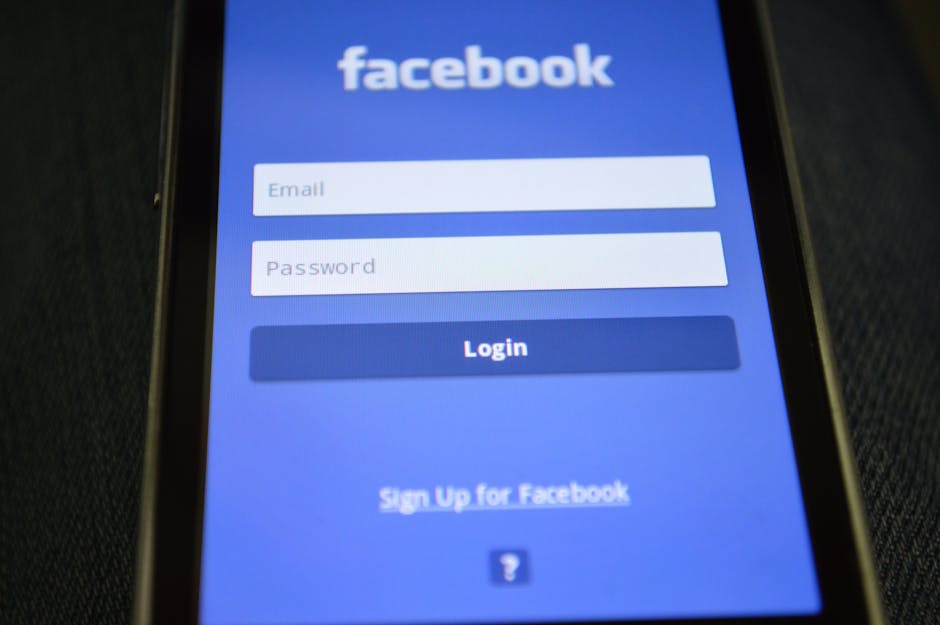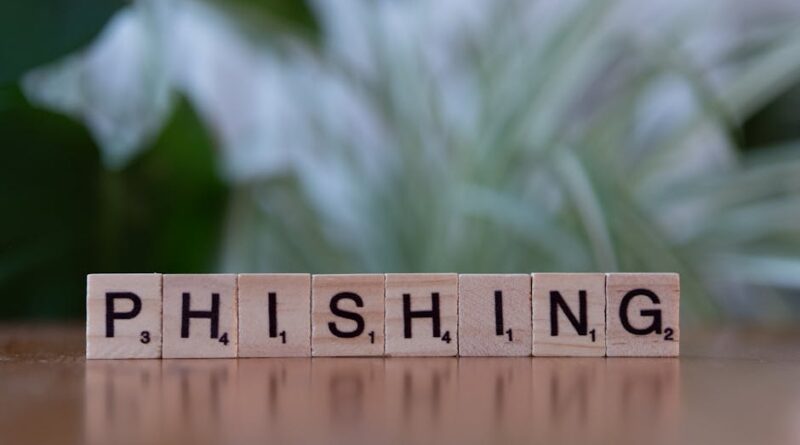Quick Tips for Email Security Awareness
Did you know that 94% of malware is delivered via email? That’s a staggering number! As we spend more time online, email security becomes crucial. In this article, we will explore simple steps to keep your email safe and secure.
Why is Email Security Important?

Email is a primary communication tool. We use it for everything from sharing personal news to conducting business transactions. However, it’s popularity makes it a prime target for cybercriminals.
When your email is compromised, you risk losing sensitive information. This could be your personal data, financial details, or even access to your accounts. Staying aware of email security helps protect you from scams and identity theft.
What Are Common Email Threats?

Understanding the threats you face is the first step in staying secure. Here are some of the most common email threats:
- Phishing: This is when someone pretends to be a trusted source to steal your information. For example, you might receive an email that looks like it’s from your bank asking for your password.
- Spam: Unwanted emails often contain malicious links or attachments. They clutter your inbox and can lead to security risks.
- Malware: This software can harm your computer or steal your data. It often arrives through attachments in emails you might think are safe.
Being aware of these threats can help you recognize them when they appear in your inbox.
How Can You Protect Yourself?

Now that you know the risks, lets talk about how to stay safe. Here are some quick tips for email security awareness:
1. Use Strong Passwords
Your password is like a key to your email. Make it strong and unique. Avoid using easily guessed names or dates.
Here are a few tips for creating a strong password:
- Use a mix of letters, numbers, and symbols.
- Avoid common words or phrases.
- Change your password regularly.
For example, instead of “Password123,” try something like “Giraffe!84BlueSky!” It’s much harder to guess!
2. Enable Two-Factor Authentication (2FA)
Two-factor authentication adds an extra layer of security. Even if someone finds out your password, they still need a second form of verification to access your account.
This could be a text message with a code or an app that generates a unique code. it’s like having a second lock on your front door!
3. Be Wary of Links and Attachments
Before you click on any link or open an attachment, think twice. Cybercriminals often use these to spread malware or steal your information.
Ask yourself:
- Do I know this sender?
- Does the email look professional?
- Is the link spelled correctly?
If anything seems off, it’s best to delete the email or contact the sender directly.
4. Keep Your Software Updated
Regular updates help protect your computer from security vulnerabilities. Make sure your operating system, antivirus software, and email application are all up to date.
Software companies regularly release updates to fix bugs and improve security. don’t ignore those notifications!
5. Educate Yourself about Phishing
Phishing scams are becoming more sophisticated. Stay informed about the latest tactics used by scammers.
For example, a common phishing email might look like it comes from a popular online retailer. It may say you’ve won a gift card and ask you to click a link to claim it. Always verify such claims before clicking anything!
What Should You Do If You Suspect an Attack?

If you think youve been targeted, act quickly. Heres what to do:
- Change Your Password: If you suspect your account is compromised, change your password immediately.
- Alert Your Contacts: Let your friends and family know not to open any suspicious emails that might come from you.
- Report the Email: Use your email providers tools to report phishing attempts or spam.
Taking these steps can help minimize the impact of a potential attack.
How Can Businesses Enhance Email Security?
Businesses face unique challenges when it comes to email security. Here are a few strategies they can implement:
- Regular Training: Educating employees about email threats is vital. Regular training helps them recognize and respond to suspicious emails.
- Implementing Security Software: Businesses should invest in tools that detect and block malicious emails.
- Establishing Clear Policies: Having guidelines for email usage can help reduce risks. Ensure employees know the importance of keeping their passwords secure.
These measures can greatly reduce the risk of a security breach.
What Are Some Common Misconceptions?
Many people have misconceptions about email security. Lets address a few:
- I’m not a target. Every email user is a potential target. Cybercriminals often use automated tools to find victims.
- My antivirus software is enough. While antivirus is crucial, it’s not a silver bullet. Combine it with other security measures for better protection.
Understanding these misconceptions can help you take email security seriously.
Conclusion: Take Action Today!
Email security is essential in todays digital world. By following these quick tips, you can protect yourself and your information.
- Use strong, unique passwords.
- Enable two-factor authentication.
- Be cautious with links and attachments.
- Keep your software updated.
- Educate yourself about phishing tactics.
By taking these steps, you’ll create a safer online environment for yourself and your community. Remember, staying informed and vigilant is your best defense against email threats!
For more information on online safety, check out this guide from the Federal Trade Commission.


